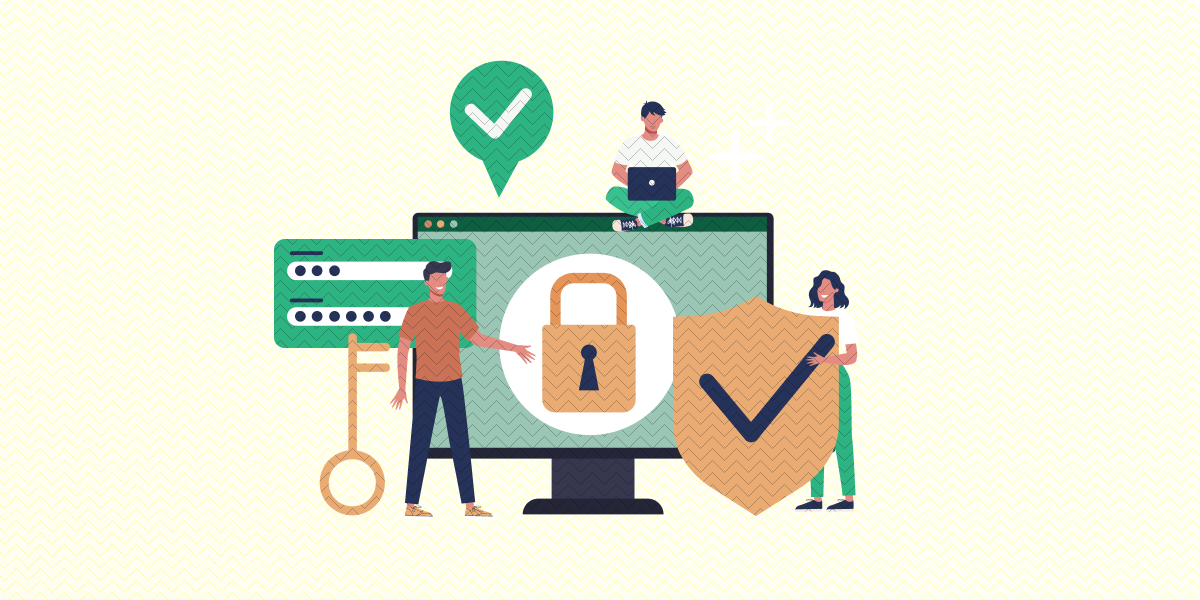The Importance of Authentication in Ensuring Digital Security

In today's digital age, where data breaches and cyberattacks have become increasingly common, safeguarding sensitive information and ensuring digital security have become paramount concerns for individuals and organizations alike. One of the fundamental pillars of cybersecurity is authentication, a process that verifies the identity of users and devices attempting to access digital resources. In this article, we delve into the significance of authentication and explore various authentication methods that play a pivotal role in ensuring robust cybersecurity.
Authentication is the process of confirming the legitimacy of a user or device trying to access a system, application, or data. It is the first line of defense against unauthorized access and cyber threats. Effective authentication mechanisms help prevent malicious actors from infiltrating private data, financial information, personal files, and sensitive business data. Without proper authentication, any user, whether legitimate or malicious, could gain unauthorized access, potentially leading to catastrophic consequences.
The most commonly known authentication method is the traditional username-password combination. While this method has been widely used, it is susceptible to security risks such as weak passwords, password reuse, and phishing attacks. To address these vulnerabilities, stronger authentication methods have emerged to provide enhanced security.
Biometric authentication is one such method that has gained popularity in recent years. It utilizes unique physical and behavioral traits of individuals, such as fingerprints, facial features, iris patterns, voice recognition, and even typing patterns. Biometrics are difficult to replicate, making them more secure compared to passwords. However, challenges remain, including privacy concerns and the possibility of biometric data being compromised.
To bolster security further, many systems now employ Two-Factor Authentication (2FA) or Multi-Factor Authentication (MFA). 2FA requires users to provide two different types of credentials before gaining access to an account or system. This could involve a combination of something they know (password), something they have (a mobile device or smart card), or something they are (biometric data). MFA takes this a step further by adding additional layers of verification, making it even more challenging for unauthorized users to breach an account.
Another emerging authentication method is risk-based authentication, which assesses the risk associated with each login attempt based on various factors such as location, device used, and user behavior. Depending on the risk level, the system may request further verification steps or block suspicious login attempts automatically.
While advanced authentication methods contribute significantly to digital security, it is essential to strike a balance between security and user experience. Complex authentication processes can frustrate users and might lead them to adopt less secure practices, like writing down passwords or using the same passwords across multiple accounts. Therefore, organizations should carefully consider the usability of their authentication systems while maintaining a strong security posture.
In conclusion, authentication stands as a critical pillar of cybersecurity. Implementing robust authentication methods is vital to protect sensitive information, thwart unauthorized access, and safeguard digital resources from malicious actors. By staying up-to-date with the latest advancements in authentication technology and balancing security with usability, individuals and organizations can strengthen their defense against cyber threats and ensure a safer digital environment for everyone.
319 0 7
Write a Comments
* Be the first to Make Comment















